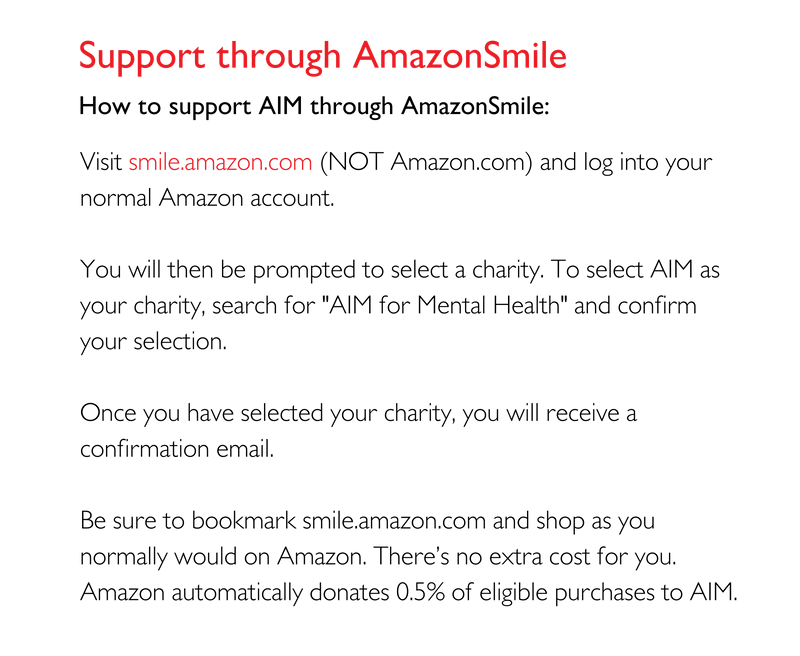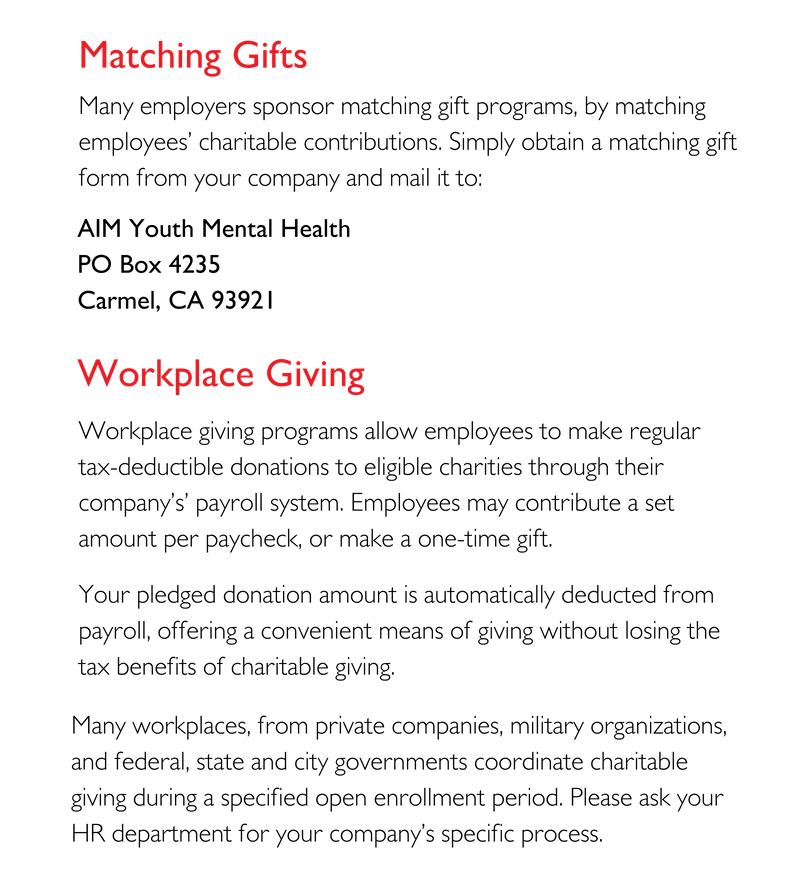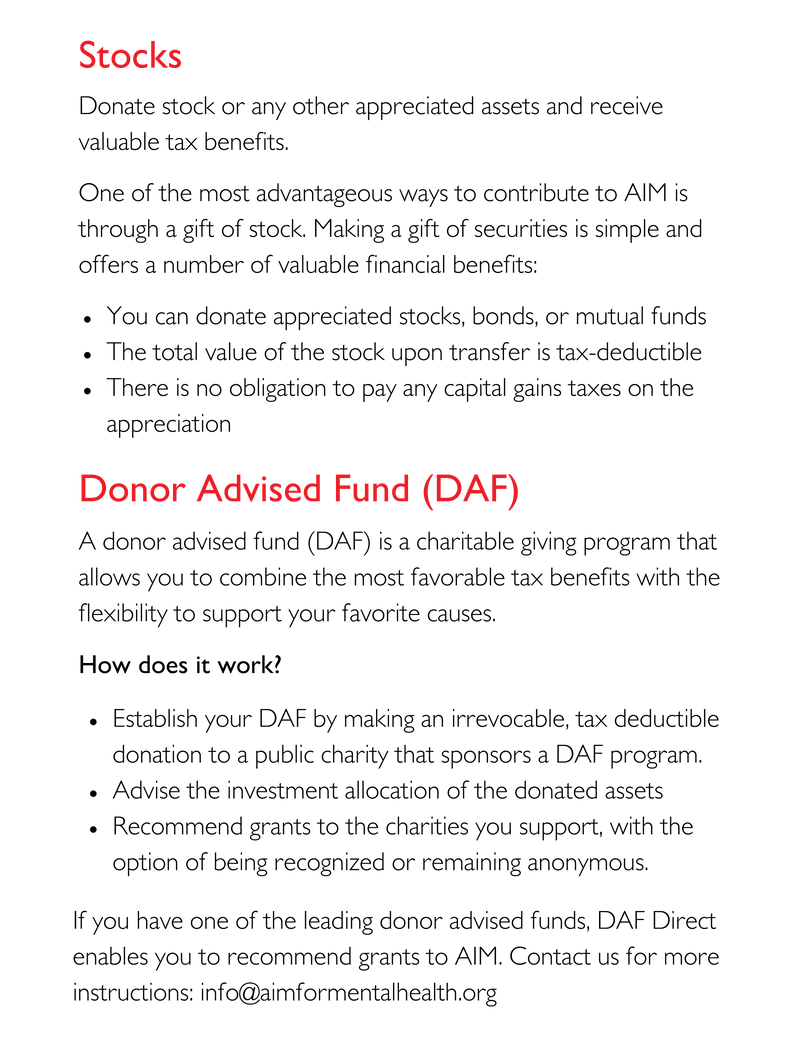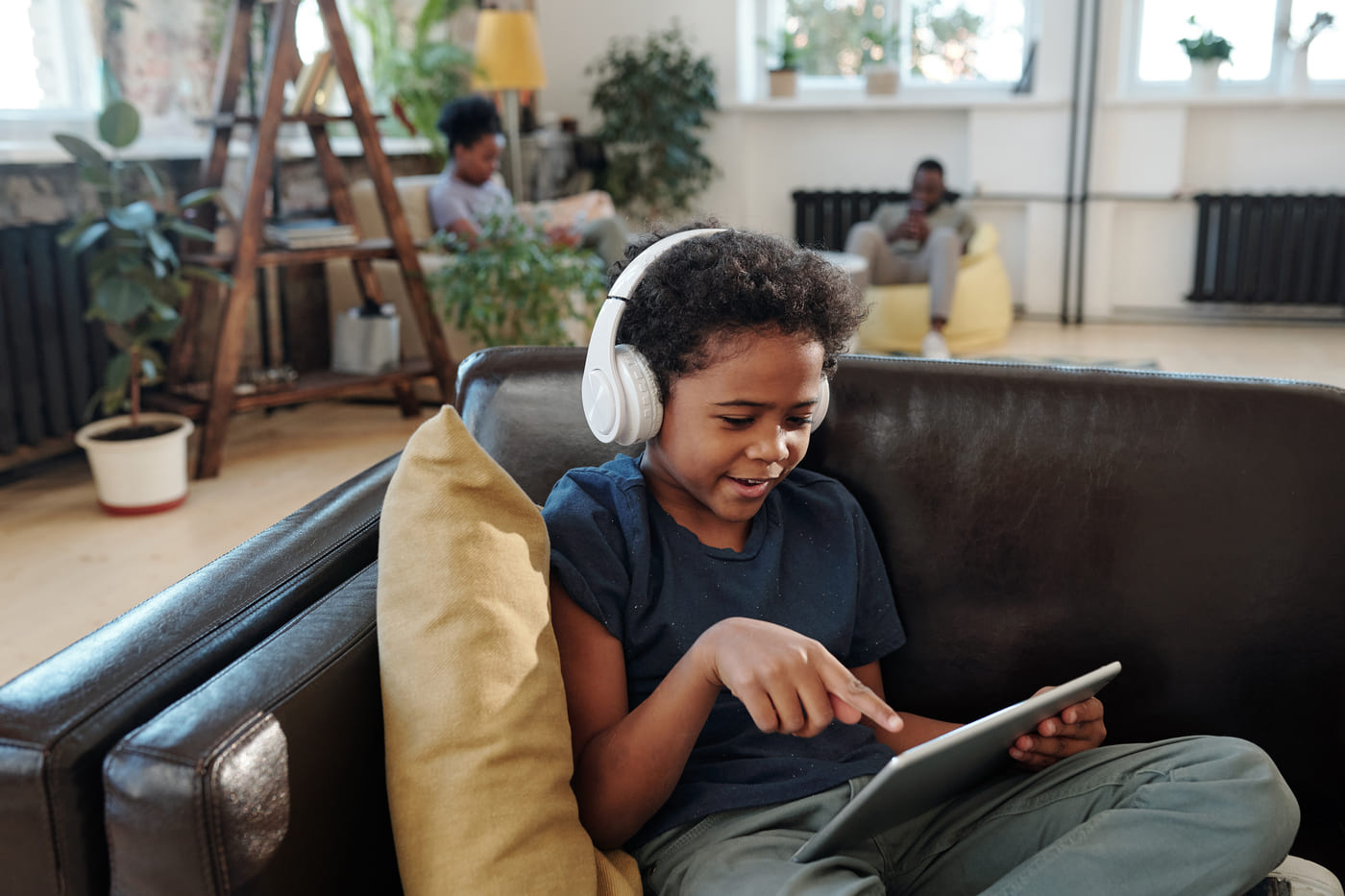
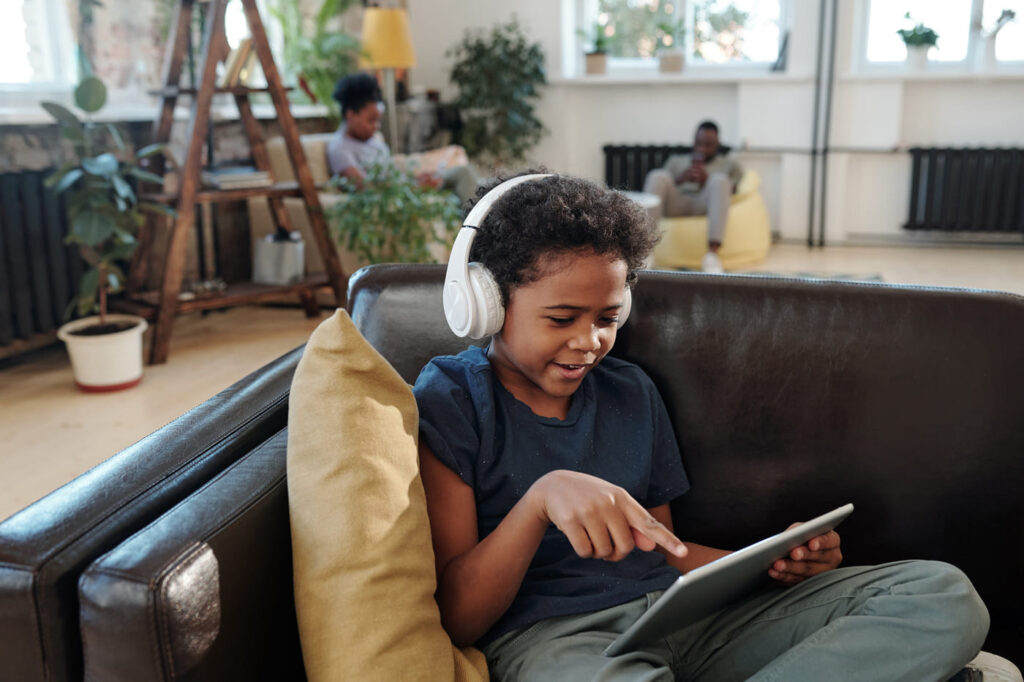 By Meadowlark Monaghan, AIM Youth Advisory Board Member
By Meadowlark Monaghan, AIM Youth Advisory Board Member
The rise in ADHD targeted ads seems ubiquitous across social media platforms in a post-COVID world. Frankly, with good measure. Despite an ADHD diagnosis, collectively our memories and attention spans have been frazzled in the last few years. As a WFH (work from home) individual, I know I’ve felt this. Plus, as our youth illuminated themselves in our AIM Idea Lab Report, Zoom education has rattled our youths’ mental health far beyond attention. Thankfully, Dr. Adam Gazzaley is doing something about it for us all.
Dr. Adam Gazzaley is a Professor in Neurology, Physiology, and Psychiatry at the University of California San Francisco, and the Founder & Executive Director of Neuroscape, a translational neuroscience center at UCSF. He is also the co-founder and Chief Science Advisor of Akili Interactive Labs, a company developing therapeutic video games. Dr. Gazzaley is a member of AIM Youth Mental Health’s Scientific Advisory Board.
The last time we spoke with Dr. Gazzaley, his video game treatment for youth experiencing ADHD, Endeavor Rx, was just beginning to be prescribed by doctors. Over the last couple years, there’s been over 15,000 prescriptions in each state of Endeavor Rx and a new release of an over-the-counter game in the app store, Endeavor OTC, for adults experiencing ADHD.
_____________________________________________________
Hi Dr. Gazzaley! I’d love to start by asking how has your understanding of ADHD changed since the last time we spoke?
One interesting thing that we’ve learned is that a lot more adults are identifying and being diagnosed with ADHD over the last several years, many more than before COVID. And, what we’ve discovered is that adults are taking their ADHD care into their own hands.
This is a learning from our pivot away from prescription and towards over-the-counter, non-prescription required delivery in Endeavor. We’ve learned by our own product release, that there is an appetite for them to access treatment without going through a doctor.
This year we launched a new app, Endeavor OTC (over-the-counter), which is very similar to Endeavor Rx game mechanisms, but for adults with ADHD. Data from a new study we did showed greater benefits on attention measures (for adults even more so than children), and a large majority reported after Endeavor treatment that they were able to notice improvements in their real world activities, which was pretty cool!
Before Endeavor OTC’s release, it was unclear whether folks would be comfortable accessing treatment for ADHD without going to their doctor, getting a prescription, and having it as a part of their medical care package. While that still may be true for some people, there are clearly hundreds of thousands of people that are interested in considering this as treatment without having a doctor in the loop.
We wanted to make this accessible to people so we put it out there and have seen an incredible response to it. Right now, the youth can access Endeavor through prescription while the adults can access it over the counter. But, we are looking to have OTC available for children as well.
You and your team at Neuroscape were able to develop the first ever digital non-drug treatment for ADHD and the first video game treatment for any medical condition—incredible! How has that process been over the past couple years?
We’re excited that there is an appetite for patients, families, and doctors to try something new. Endeavor RX and Endeavor OTC are both accessible on the app-store and there have been over 15,000 prescriptions in every state in the country, and hundreds of thousands of downloads of Endeavor OTC. So, as we are aware, there is a great need and a great interest in new treatments. That is something we did not have data on before we had a product on the market.
While we are incredibly excited about that, we are also really disappointed and frustrated by the delay in having insurance reimbursement for something that has lots of data, has FDA approval, and a great need for children. While many doctors are interested and many patients received treatment, the dissemination isn’t rapid enough for what we know the need is. It’s distressing, frankly, that families in financial need don’t have support when they have medical insurance. So, that’s something I just can’t mask my angst about because it’s really sort of heartbreaking.
We get letters all the time from people saying “I want this, I can’t afford it” and we say “here it is”. We’ve wound up, truthfully, giving away about half of our treatment for people in need. So, by moving to OTC, we’re able to dramatically reduce our costs and then, can decrease the price that people pay. It’s certainly meaningful but not sustainable as a company.
How has the receptibility been for such an innovative treatment?
It’s a big paradigm shift for some people to move from medicine to a video game. There are medical journals out there that show that reimbursement can take between 6-7 years in which time you are relying on people to pay out of pocket or gifting it until that reimbursement occurs. For giant companies that can eat that loss, it’s possible. For smaller companies, it’s a valley of death getting from one stage to the other. So, we would not be able to survive as a company with a prescription model waiting for reimbursement. We would love for it to happen one day. But, we are really excited by the response we are seeing by directly creating an access to the patients from us directly.
There is definitely receptivity in both patients, kids, and doctors. But it’s variable, as you would expect. We see that variability all the time which is why options are important. This game is all about providing options. This is not an either, or. It’s about finding the right solutions for you or any medical condition for that matter. Every person should have options about the tools they can use to improve themselves. And that’s what this is.
Insurance companies are definitely interested. I mean, we have an FDA approved treatment for kids with ADHD that’s not a drug. I mean, you’d have to be interested, right? It’s just important to consider making something like that available to your customers if you’re an insurance company. We’ve gotten some reimbursement but not at the scale we need.
When we last spoke, doctors were just being able to prescribe your games to their patients experiencing ADHD. Has there been any data collected on the games effectiveness in lieu of or in conjunction with meditation?
There has been another paper published by Scott Collins. It was a study done on children with ADHD, either on or off meds, different groups. The finding was that effects were basically the same. There was a treatment [of Endeavor Rx] and a benefit in our attention metric. Then, there was one month of not doing the treatment with the game, and it just preserved [the improvement to the attention metric], which was super cool. After that, they participated in another month of treatment, and the attention metric would improve again. That exact curve or pattern is the same whether folks were in the meds or no-meds group; however, the group with meds starts that pattern at an elevated level. But the improvement and steadiness seems the exact same.
ADHD has recently taken storm on social media platforms like TikTok, with the #ADHD reaching over 3.2B views. I’d love to hear your thoughts on seeking diagnosis or validation from social media platforms, particularly when it comes to ADHD.
I think it’s complicated by questions of validity of those tests and who’s monitoring them. It’s always a balance between accessibility and knowing what you are getting. Accessibility, putting things where people are, is a good thing. We’re trying to do that too. But, if it’s not regulated and folks are putting something out there without the rigor you might receive from a visit to the doctor’s office or an approved test that’s designed to be self-administered (because some are, some aren’t), then it might just create more confusion and more misinformation. So, I think it’s complicated.
It’s such a challenge! As we move away from the more traditional medical approach and meeting people where they are on social media, especially with an over-the-counter product, we put ourselves on Instagram, Facebook, and I’m sure TikTok. We can get caught in the wind of things that aren’t regulated so how do we express accurately what we have done? The real difficulty that we face now is how to separate ourselves from the noise.
Post-pandemic, a lot of folks are struggling with their memory and attention—with and without an ADHD diagnosis. What is one exercise that everyone could practice to help improve their cognition?
There are basic ingredients in the recipe that people should engage in in order to keep their brains healthy. We are working on the details of that with more data and more research. That being said, the basic ingredients are: physical fitness, sleep, being cognitively challenged, and socially challenged. Then, there are other things I personally find really important like time in nature and being outside in the natural world.
Especially as children have so much time on digital platforms, it’s important to remember to interact face to face—and that’s coming from someone who built a digital platform! It’s important to interact in person, to be physical, and to spend time in nature. Those are all good things for attention and memory.
Is there a particular story of a youth experience that stands out to you over the past couple years?
Yes! Some are even available on our website. That top one I know so well. I heard Gage speak at our company offsite with his parents and it was tear-inducing to everyone in the audience. It was so powerful. I’ve listened to all of them; they’re remarkable and different in their own ways.
You know, as a scientist, we look at statistical results of our research studies, and that’s what you need in order to have peer reviewed publications and what for me, after 30 years in science, makes me see “wow, we’ve found something significant.” What I’ve experienced over the last couple of years is a very different type of feedback. It is Gage and his parents talking about how meaningful this treatment was for them when everything else had failed. It’s not the same as a P value. It’s not a population result, but it is one person’s meaningful experience. And that is incredibly gratifying to see those very real benefits that people experience. That has been incredible.
What is something you would say to parents worried about their child experiencing ADHD?
I would say that it is good to recognize it and be aware that there are lots of options and treatments available. It’s worth pursuing and trying to help them.
Are you working on any other games-approach interventions for youth?
At Neuroscape at UCSF we have a dozen different digital interventions, some of them are meditation based; some involve virtual reality, rhythm, and full-body movements. We’ve had almost a dozen publications over the last year on our new interventions targeting different aspects of cognitions but with a pretty large focus on attention improvement.
One mindfulness-inspired video game, “Engage” (sponsored by AIM funding!), targeting the improvements of attention on teens and young adults, has a paper under review now. We’re really excited about that data! One of the areas we focused on was learning differences and challenges.
How important is it to have research funding to expand upon our care for youth mental health treatment?
It’s critical! I’m a research scientist but outside of my own personal biases, I don’t think there is much question that we have so many unanswered questions. And we have so many people in need, and that need is growing. With children increased in depression, anxiety, suicide, we are just not doing great. It is a global crisis. We need research to understand the variability, the individual differences, and how we can help people in need.
What is the next step for this research?
From the business perspective, it’s scale. Most people do not know about [Endeavor]. We need people to know about this. It doesn’t mean everyone has to take it, but we would like everyone to know about it as an option, and that is really hard to do. We also want to make a better and better product experience. Those are two big emphasis points right now.
From the research perspective, we want to continue doing a really deep dive into understanding: how they work and why they work. Who do they work on? How long do you need to do it? What happens when you put them together? What happens with the drug in a game? There are so many fundamental questions that we are trying to ask.
Essentially, we have something that we are excited about, that has the data, has the need, so how do we get it to those people? And then, how does this work and how do we make it better?
Any final thoughts?
None except that I am excited for the future. It seems very gloomy at times, not just in the clinical world but the world in general. And it’s nice to see the uses of technology really help people. I see examples of that all the time and it’s encouraging. I think people should be excited about where technology can lead to offer us really meaningful benefits.
______________________
About the Author
Meadowlark Monaghan (she/hers) is a consultant using her knowledge gained as a mental health professional to act as a liaison between brands, creators, + online communities with the field of psychology and mental health. She also co-hosts the personal development podcast, Thoughts May Vary. Her work has been seen with Madhappy, Local Optimist, The Mayfair Group, Lonely Ghost, AIM Youth Mental Health, NAMI San Diego and more.



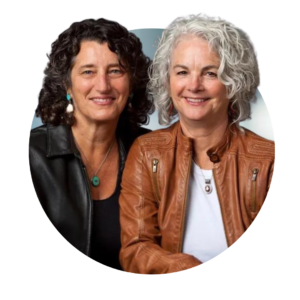
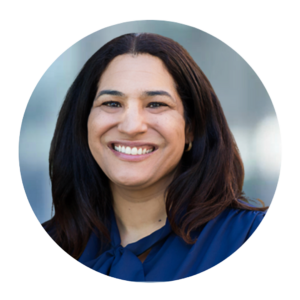




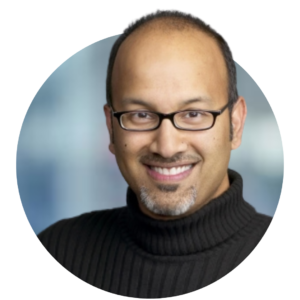


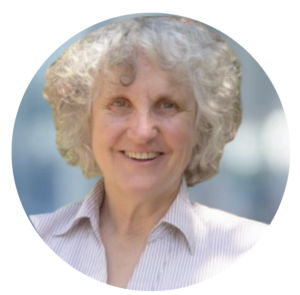
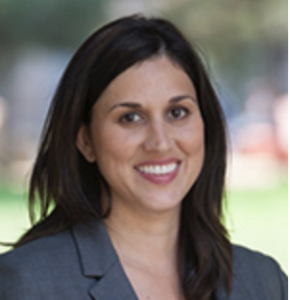


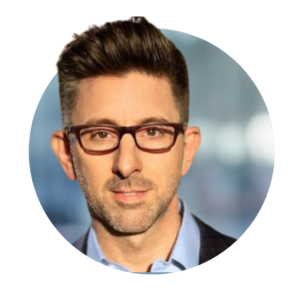

 Moving Upstream: A Proactive Approach to Addressing Behaviors and Bullying
Moving Upstream: A Proactive Approach to Addressing Behaviors and Bullying Krista Reuther is the Assistant Director of Ohana’s Community Health and Prevention Program. She received her Masters in Public Health and Social Work at UC Berkeley. She comes to this position after 14 years of clinical social work experience at Stanford Children’s Hospital in pediatric oncology, critical care, and bereavement. Her goal is to reduce the incidence of mental illness in children and adolescents in Monterey County.
Krista Reuther is the Assistant Director of Ohana’s Community Health and Prevention Program. She received her Masters in Public Health and Social Work at UC Berkeley. She comes to this position after 14 years of clinical social work experience at Stanford Children’s Hospital in pediatric oncology, critical care, and bereavement. Her goal is to reduce the incidence of mental illness in children and adolescents in Monterey County. Dr. Guss is a 35-year veteran educator with a doctorate degree in Educational Leadership. She served as a classroom teacher for 10 years, including two years as a teacher in a bilingual program in South Central Los Angeles. She has also served as a college professor, mentor teacher for new teachers, and a master teacher for teacher candidates completing their student teaching experience. She continues to be a strong advocate for the teaching profession.
Dr. Guss is a 35-year veteran educator with a doctorate degree in Educational Leadership. She served as a classroom teacher for 10 years, including two years as a teacher in a bilingual program in South Central Los Angeles. She has also served as a college professor, mentor teacher for new teachers, and a master teacher for teacher candidates completing their student teaching experience. She continues to be a strong advocate for the teaching profession.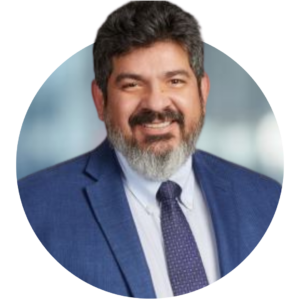 Fellowship: Stanford University School of Medicine (1994) CA
Fellowship: Stanford University School of Medicine (1994) CA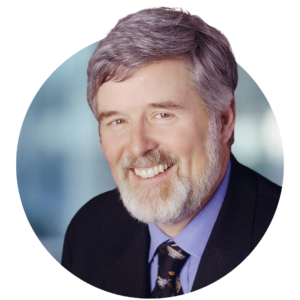 Michael G. Thompson, Ph.D. is a consultant, author and psychologist specializing in children and families. He is the supervising psychologist for the Belmont Hill School and has worked in more than seven hundred schools across the United States, as well as in international schools in Central America, Europe, Africa and Asia.
Michael G. Thompson, Ph.D. is a consultant, author and psychologist specializing in children and families. He is the supervising psychologist for the Belmont Hill School and has worked in more than seven hundred schools across the United States, as well as in international schools in Central America, Europe, Africa and Asia.
 is 15 years old and a sophomore at Marina High School in Marina, CA. Her academic interests include math, history, and psychology. She joined the AIM Ideas Lab in 2021 because she wanted to be a part of something that could have a great impact on her community. Marwa is interested in youth mental health because she has always been fascinated with the human mind and she wants to support those that are suffering who may feel like their challenges in life aren’t important enough or are too afraid to seek necessary help.
is 15 years old and a sophomore at Marina High School in Marina, CA. Her academic interests include math, history, and psychology. She joined the AIM Ideas Lab in 2021 because she wanted to be a part of something that could have a great impact on her community. Marwa is interested in youth mental health because she has always been fascinated with the human mind and she wants to support those that are suffering who may feel like their challenges in life aren’t important enough or are too afraid to seek necessary help.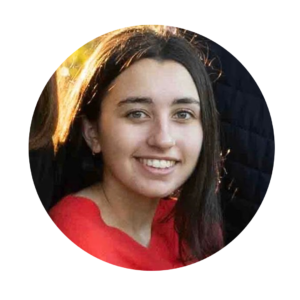 Giovanna Panetta is a 16 year old junior at Carmel High School. She has always been called to STEM subjects, specifically biology. The AIM Ideas Lab instantly attracted her attention as a research opportunity. Gia has always comprehended the importance of mental health. She knows that COVID only exacerbated previously existing problems, and that as a community we can try and find the root of those problems. Mental health is an integral part of life, and can impede a body’s ability to be healthy. She strongly believes that life is worth living, and she wants to help anyone that thinks otherwise.
Giovanna Panetta is a 16 year old junior at Carmel High School. She has always been called to STEM subjects, specifically biology. The AIM Ideas Lab instantly attracted her attention as a research opportunity. Gia has always comprehended the importance of mental health. She knows that COVID only exacerbated previously existing problems, and that as a community we can try and find the root of those problems. Mental health is an integral part of life, and can impede a body’s ability to be healthy. She strongly believes that life is worth living, and she wants to help anyone that thinks otherwise. Dr. Friedman completed her undergraduate degree in Psychology from University of California San Diego (UCSD). She went on to complete her masters and doctorate degrees (Ph.D.) in Clinical Psychology from Rosalind Franklin University of Medicine and Science/Chicago Medical School. Dr. Friedman completed her pre-doctoral internship at Rush University Medical Center, Chicago, IL, and her post-doctoral fellowship training at the VA San Diego Healthcare System. Her clinical training and experience has been focused primarily on comprehensive assessment and effective treatments for anxiety, mood and related disorders. Dr. Friedman has extensive experience in providing Cognitive Behavioral Therapies for anxiety disorders (e.g. worry, OCD, social anxiety, phobias and PTSD), depression, adjustment disorders/life stress, insomnia and body-focused repetitive behaviors (e.g. Trichotillomania and skin picking). She has received training in evidence-based interventions for a variety of specific problems, including exposure with response prevention (ERP) for treatment of OCD, Prolonged Exposure (PE) for treatment of PTSD, and Cognitive Behavioral Therapy for Insomnia (CBT-I). Moreover, she has specialty training in the treatment of childhood anxiety and related disorders, such as ADHD, selective mutism, separation anxiety, PTSD, depression and specific phobias. In addition, Dr. Friedman has developed an expertise in research on Trichotillomania and body-focused repetitive behaviors, which has led to numerous local and national presentations. Dr. Friedman regularly attends local and national conferences, training seminars and workshops in order to stay informed on the most up to date treatments and apply state of the art science into her clinical practice.
Dr. Friedman completed her undergraduate degree in Psychology from University of California San Diego (UCSD). She went on to complete her masters and doctorate degrees (Ph.D.) in Clinical Psychology from Rosalind Franklin University of Medicine and Science/Chicago Medical School. Dr. Friedman completed her pre-doctoral internship at Rush University Medical Center, Chicago, IL, and her post-doctoral fellowship training at the VA San Diego Healthcare System. Her clinical training and experience has been focused primarily on comprehensive assessment and effective treatments for anxiety, mood and related disorders. Dr. Friedman has extensive experience in providing Cognitive Behavioral Therapies for anxiety disorders (e.g. worry, OCD, social anxiety, phobias and PTSD), depression, adjustment disorders/life stress, insomnia and body-focused repetitive behaviors (e.g. Trichotillomania and skin picking). She has received training in evidence-based interventions for a variety of specific problems, including exposure with response prevention (ERP) for treatment of OCD, Prolonged Exposure (PE) for treatment of PTSD, and Cognitive Behavioral Therapy for Insomnia (CBT-I). Moreover, she has specialty training in the treatment of childhood anxiety and related disorders, such as ADHD, selective mutism, separation anxiety, PTSD, depression and specific phobias. In addition, Dr. Friedman has developed an expertise in research on Trichotillomania and body-focused repetitive behaviors, which has led to numerous local and national presentations. Dr. Friedman regularly attends local and national conferences, training seminars and workshops in order to stay informed on the most up to date treatments and apply state of the art science into her clinical practice.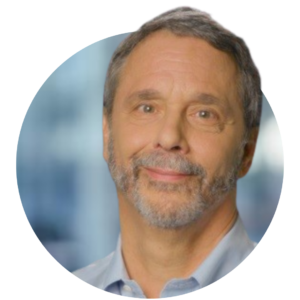 Dr. Piacentini is a board-certified clinical child and adolescent psychologist and Professor in the UCLA Department of Psychiatry and Biobehavioral Sciences. He directs the UCLA Child OCD, Anxiety, and Tic Disorders Clinic and Tourette Association Center of Excellence which provide diagnostic evaluation and treatment (both therapy and medication) for youth with the above problems. He also directs the UCLA Center for Child Anxiety Resilence, Education, and Support (CARES; carescenter.ucla.edu) which provides education and programming to parents, teachers, and clinicians about anxiety prevention and management.
Dr. Piacentini is a board-certified clinical child and adolescent psychologist and Professor in the UCLA Department of Psychiatry and Biobehavioral Sciences. He directs the UCLA Child OCD, Anxiety, and Tic Disorders Clinic and Tourette Association Center of Excellence which provide diagnostic evaluation and treatment (both therapy and medication) for youth with the above problems. He also directs the UCLA Center for Child Anxiety Resilence, Education, and Support (CARES; carescenter.ucla.edu) which provides education and programming to parents, teachers, and clinicians about anxiety prevention and management. Citlalli Nava is 18 years old and a first year majoring in Psychology at Hartnell Community College in Salinas, CA. She is passionate about understanding how mental health affects how youth think, act, and feel. Citlalli joined the AIM Ideas Lab in 2021 after witnessing the increase in mental health challenges in teenagers and considering the mental health issues they are facing. Citlalli is interested in youth mental health because it is a real problem faced by her generation.
Citlalli Nava is 18 years old and a first year majoring in Psychology at Hartnell Community College in Salinas, CA. She is passionate about understanding how mental health affects how youth think, act, and feel. Citlalli joined the AIM Ideas Lab in 2021 after witnessing the increase in mental health challenges in teenagers and considering the mental health issues they are facing. Citlalli is interested in youth mental health because it is a real problem faced by her generation.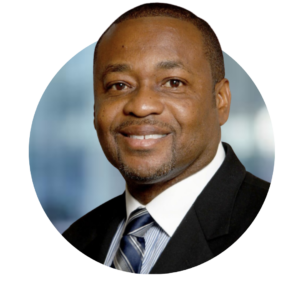 Clinical and community psychologist and health care innovator Arthur C. Evans Jr., PhD, is CEO of the American Psychological Association, the leading scientific and professional organization representing psychology in the United States. With more than 146,000 researchers, educators, clinicians, consultants, and students as members, APA promotes and disseminates psychological knowledge to benefit society and improve lives – a mission consistent with Evans’ life work.
Clinical and community psychologist and health care innovator Arthur C. Evans Jr., PhD, is CEO of the American Psychological Association, the leading scientific and professional organization representing psychology in the United States. With more than 146,000 researchers, educators, clinicians, consultants, and students as members, APA promotes and disseminates psychological knowledge to benefit society and improve lives – a mission consistent with Evans’ life work.
